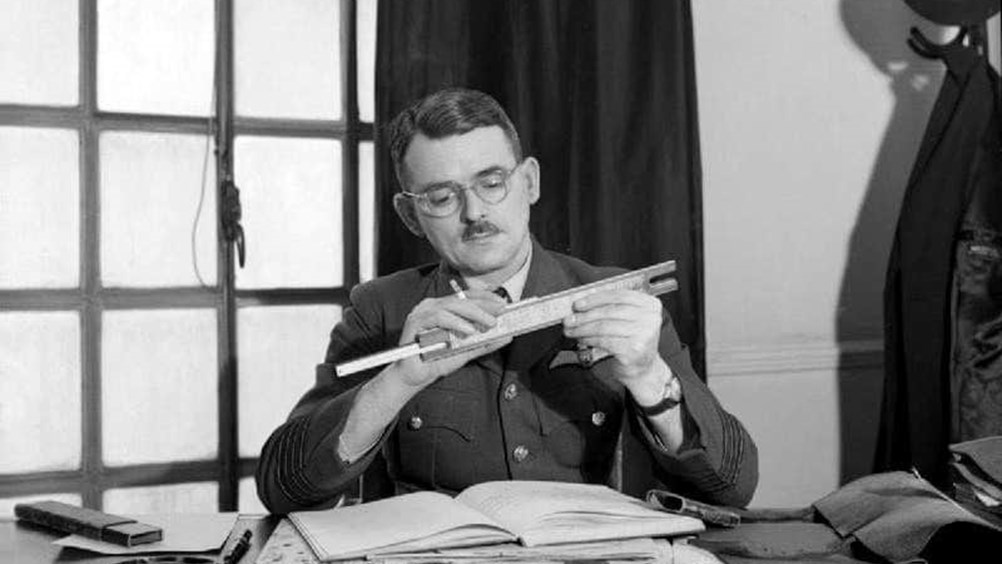
Photo by fikry anshor on Unsplash
A very old friend and follower of this blog wrote to me the other day suggesting that an unfair characterisation of the thrust of my argument might be that I’m advocating rampant hedonism. Let’s be clear – I am not! He goes on to say that he thinks it is only by seeking something just out of reach that progress is made and that we all have duties and responsibilities to all sorts of people and principles which go beyond our ‘right to be happy’.
Let’s take a look at this critique and also consider the concept of eudaimonic happiness, which might help us here.
What price progress?
If we choose to jump off the capitalist bandwagon and lay down our subscription to the Protestant Work Ethic, will we stop making ‘progress’?
I’m not arguing that we should never seek something out of our reach – though I do get wary when this amounts to greed or covetousness. My concern is when we seek the thing that is out of our reach in order to validate ourselves – when we seek the next Gold Star and the next because that is the only way we can satiate a desperate need to feel worthy.

In Leamington Spa, those who are interested in engineering celebrate Frank Whittle, who lived in Leamington from the age of 9 and is widely credited with the invention of the jet engine. Read about him on Wikipedia https://en.wikipedia.org/wiki/Frank_Whittle and you will find that he was boy and then a man of incredible determination as well as a mathematical genius. It took him years to get accepted into the RAF, partly because of his small stature, and his pioneering work was ridiculed at first. But he didn’t give up, his work was eventually recognised and he was knighted and, late in life, was compensated for his dismal treatment by the British Government. I don’t know what was going on psychologically for Frank Whittle but his potted life history suggests someone who was passionate about flying and engineering for its own sake, not someone who was ‘addicted’ to Gold Stars. If the latter, I suspect he could have found an easier way of achieving them!
For me, giving up on an addiction to Gold Stars does not mean giving up on progress. Progress can be made by people who have a genuine passion, not a lack of self-worth that needs satiating.
In my maverick moments, however, I do question whether giving up on progress would be such a bad thing. In ‘Sapiens: a brief history of humankind’ Yuval Noah Harari points out that the ‘progress’ that led to us settling down and becoming farmers was, in some ways, our downfall. We became able to breed and feed our offspring more easily – but that committed us to continuing to farm in order to continue to feed them – and once that cycle started, there was no stopping it. Whose going to opt for ‘Let’s stop farming and let a few offspring die?’ Hence, we unwittingly became committed to a way of life from which there is no escape and which, as we know only too well, has led to all sorts of damage to our planet… cleared rain forests, too much methane, polluted rivers, loss of biodiversity, cruelty to animals, to name but some.
It’s very difficult in advance, to work out which progress will really benefit us all. With hindsight, would we choose to split the atom? To allow indiscriminate use of petrol-driven cars? To use asbestos in buildings? Give thalidomide to pregnant women? Or even – dare I say it? Invent the Internet? We are currently lifting the lid on the Pandora’s Box which is Artificial Intelligence. I could soon be out of a blog!
In my last post I wrote about ‘Degrowth’, a concept which could be seen as turning away from progress. It depends, however, if you see progress as always being about growth. Surely we can make progress by choosing small as beautiful, by learning to be content with what we already have, by enjoying the satisfaction of walking as lightly as we can upon this planet and by caring for its other creatures? We can make progress ethically and not capitally, if we choose to. We will still have difficult predictions to make. How many of us bought diesel cars when we were told that was the ethical choice or (bad flavour of the month) wood burning stoves? But my hope is that in a ‘degrowth’ version of progress, we will be reliant on passionate degrowth disciples creating ethical options for us, rather than on people who are climbing the greasy pole of addictive achievement.
Eudaimonic Happiness
So where does eudaimonic happiness come into all this? Firstly, what is it?
Eudaimonic happiness is very different from hedonic happiness. Very crudely, the latter is about the sensory, ecstatic pleasure of the moment. For some people, this is what is meant by ‘happiness’. Eudaimonic happiness is more like contentment – the satisfaction of being purposeful and at peace with oneself.
In this blog, I am certainly advocating eudaimonia and if it was rampant, I’d have no worries! To live purposefully and to be contented in one’s endeavours sounds like a sound philosophy of life to me. It would be a far cry from Gold Star addiction which is hallmarked by its lack of contentment. Hedonism is, to me, the joy and the curse of the Gold Star life. One reaches a Gold Star and wow! For a short while there is elation, excitement, even ecstasy. But it doesn’t last. Before long, the craving for achievement rises again, the short-lived peace vanishes and is replaced by a discontented search for another hedonic high, in the hope that this time, it will truly slake the desperate thirst for long-term satisfaction with the self.
In James Clear’s best seller ‘Atomic Habits’ (an excellent, clear and practical read, if you are someone who wants to change your habits or stop procrastinating), he explains that as humans, a priority is to fit in and this will affect the habits and behaviours that we choose. When choosing who to fit in with we will look to three groups:
- The Close
- The Many
- The Powerful
Essentially, when we feel secure that we fit in, we think about standing out. We want to be like the powerful – that looks like a position of safety.
I’m aware that what I’m writing about goes against much that seems to be programmed into our human nature. But our human nature seems to be very good at helping us to survive and then leaving us with few resources for keeping us peaceful and content. It makes sense that the will to survive is innate and our brain’s priority. Climb the greasy pole, make sure you are top dog, defeat all contenders. But in a society that for millions of people is reasonably safe and where we don’t need to vie for survival every day, we do need to find ways to settle ourselves into long lives of eudaimonia. This will, for many of us, include ‘duties and responsibilities to people and principles’, but these will, I would argue, help to create our eudaimonia. At times, I am sure we will experience some hedonic happiness, indeed, I hope that we do! Eudaimonia doesn’t rule out hedonic experiences! Like my friend though, I am uncomfortable with the idea of a ‘right to happiness.’ Happiness is rather something that we can create, if we choose wisely. An addiction to Gold Stars may afford us occasional moments of hedonic euphoria but it is no route to the purposeful contentment of eudaimonia.
I’ve just finished reading ‘The Secret Life of Bees’, a novel by Sue Monk Kidd. Despite the traumas that underpin the plot, it is a wonderful observation of eudaimonic happiness. Towards the end, the protagonist Lily, after a demanding personal journey, says, ‘Look at me…I wake up to wonder every day.’ That is my hope for everyone reading this blog – the ability to wonder at this extraordinary world in which we live and to be responsibly content. I’m not recommending rampant hedonism, just the quiet joy of wonder.

Photo by Brooke Lark on Unsplash




Another great post, Meg – and it led me back to number 10 which I realized I hadn’t read. At some point I need to go back and read all of them through again. In other news, after a gruelling but really helpful course in memoir writing, I am back to working on new material for my memoir, before totally revising what I’ve got so far. Also, I have a poem in Radio 4’s Good Friday meditation (3:00 pm this Fridau), the same poem that was used by Radio 2 about 30 years ago!
Thanks Veronica – I need to read them all again too!
That’s fantastic news about your poem – I will set an alarm to listen out for it or catch it later on BBC sounds! If you want to post it here for other readers, please do!
All the best with the memoir writing.